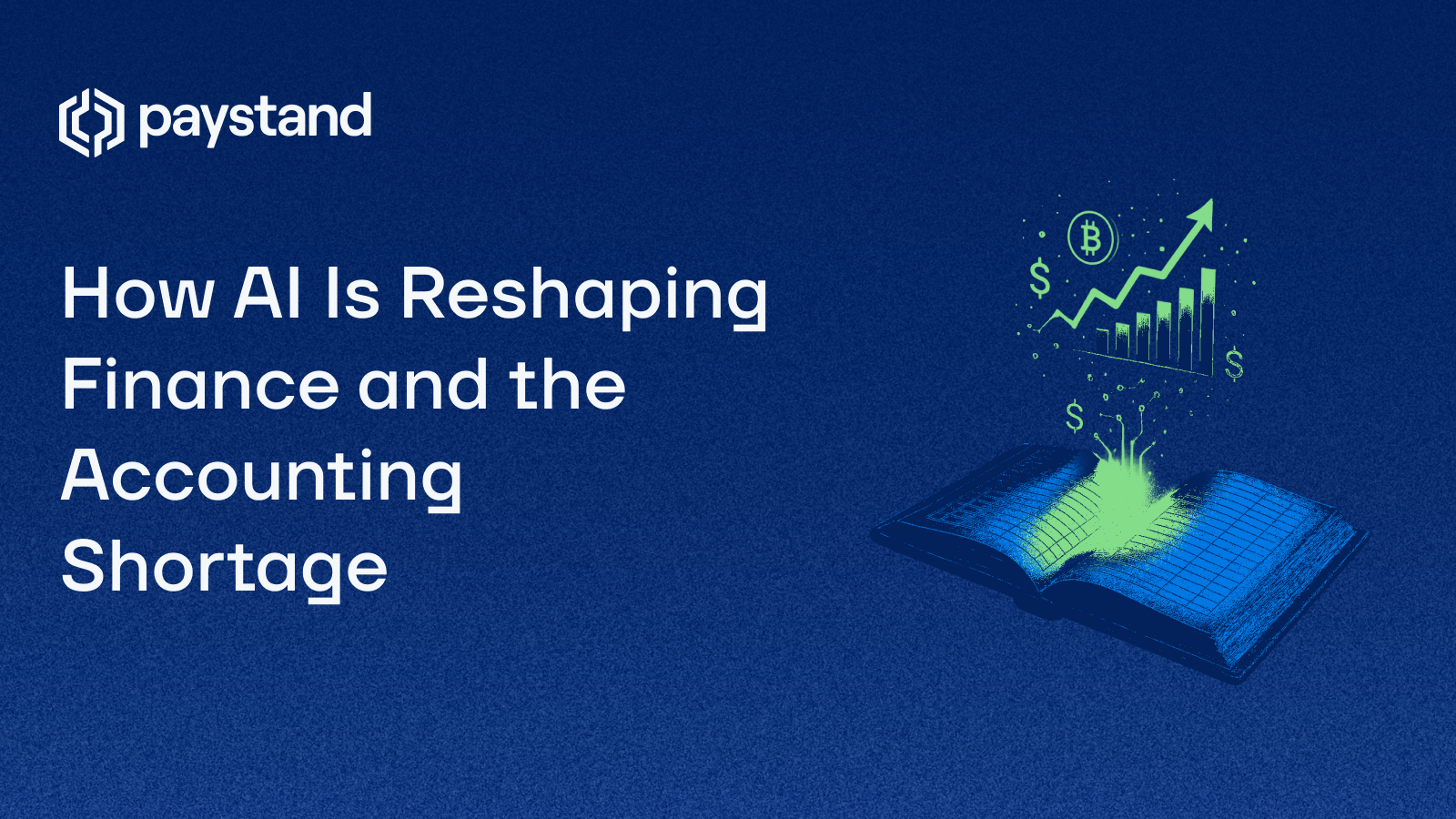How AI Is Reshaping Finance and the Accounting Shortage

Table of Contents
Key Takeaways
- A widening talent gap and rising demand for specialized skills are driving the accounting shortage.
- AI in accounting is automating repetitive tasks and processing vast amounts of data in real time, freeing finance teams to focus on strategic work.
- Financial institutions are leveraging fraud detection, credit decisions, and risk management powered by large language models and machine learning.
- To maintain customer satisfaction and competitive edge, organizations must blend human expertise with AI systems, upskill their workforce, and rethink traditional roles.
The Roots of the Accounting Shortage: What the Numbers Really Say
U.S. finance leaders don’t need another vague headline about an “accounting talent crisis.” They need hard numbers and a clear path forward. Here’s what the latest research from AICPA, BLS, Deloitte, and Gartner reveals about why the pipeline is drying up and how high-growth finance teams can adapt.
The Profit Paradigm Podcast
We're flipping the script on finance. No fees. No friction. Just pure cash-flow power. If you're ready to automate, accelerate, and take control of your revenue, this is where the future of money movement begins.
1. Fewer New Grads, Thinner CPA Pipeline
- Shrinking enrollment: In 2022, U.S. colleges awarded 47,067 bachelor’s degrees and 18,238 master’s degrees in accounting, down 7–8% from the prior year.
- Record-low exam takers: Only 67,336 candidates sat for the CPA Exam in 2022, a 6.8% slide year-over-year. The AICPA has called today’s pipeline the “weakest in more than a decade.”
- Licensing barriers under review: At least 11 states have eased the 150-hour CPA rule to lure candidates back.
Why it matters for CFOs: Fewer entry-level accountants means fewer hands to handle audits, reconciliations, and month-end close—precisely the “busy work” you can already replace with tools like Paystand’s Direct Deposit + Smart Match AI.
2. A Retirement Wave Is Cresting
- Boomers aging out: Roughly 70% of practicing CPAs are expected to retire within the next 10 years.
- Knowledge drain: Mid- and senior-level retirements erase decades of process know-how just as regulatory complexity is rising.
Action step: Capture that tribal knowledge inside repeatable, automated workflows—see how our AI in Accounting guide breaks down the hand-off between humans and machines.
3. Burnout Is Driving Mid-Career Exits
- 99 % of accountants report burnout (FloQast/UGA, 2022).
- 300,000 accountants left the field between 2019 and 2022—a 17 % workforce contraction.
- Top CFO worry: “The workload hitting my remaining staff.” (Deloitte CFO Signals, Q1 2025)
Fix the root cause, not the symptom: Automating low-value tasks—matching payments, cash application, fee reconciliation—cuts manual effort by up to 80%. See real-world wins in our post on AI payment processing.
4. Demand Keeps Climbing
- 130,000 openings a year: BLS projects accountants and auditors will see 6% job growth through 2033, with six-figure annual openings driven mainly by retirements and turnover.
- Regulatory load isn’t shrinking: ESG disclosures, revenue-recognition rules, and faster-close expectations all require more (not less) assurance.
Translation: The gap widens each quarter. Early adopters of spend-and-reconciliation automation (for example, Paystand + Teampay) are already scaling finance without extra headcount—check the three-step roadmap in Teampay’s Scaling Finance playbook.
5. Technology Is the Force Multiplier
- 58% of finance teams already use AI in some capacity (Gartner, 2024).
- 79% of CFOs plan to deploy generative AI by 2027 to bridge skills gaps.
- Early adopters report up to 80 % faster payment-to-cash matching and dramatically shorter close cycles.
Reality check: AI and blockchain won’t replace seasoned CPAs—but they will free them to tackle analysis, controls, and strategy while machines handle the grunt work.
Key Understandings for Finance Leaders
The talent shortage isn’t a temporary blip; it’s a structural shift. Winning finance orgs are responding by:
- Automating manual processes end-to-end (invoice delivery, payment collection, reconciliation).
- Re-skilling existing staff to oversee AI-driven workflows instead of performing them.
- Redesigning incentives to keep top talent focused on higher-value analysis and advisory work.
If your team is feeling the pinch—late closes, rising fees, overworked staff—now is the time to explore how Paystand’s zero-fee, blockchain-backed AR automation platform can help you do more with the people you already have.
For a broader look at what’s next, visit our Future of Finance blog.







%20(1)%20(1).jpg?width=100&height=100&name=IMG_3752%20(1)%20(1)%20(1).jpg)